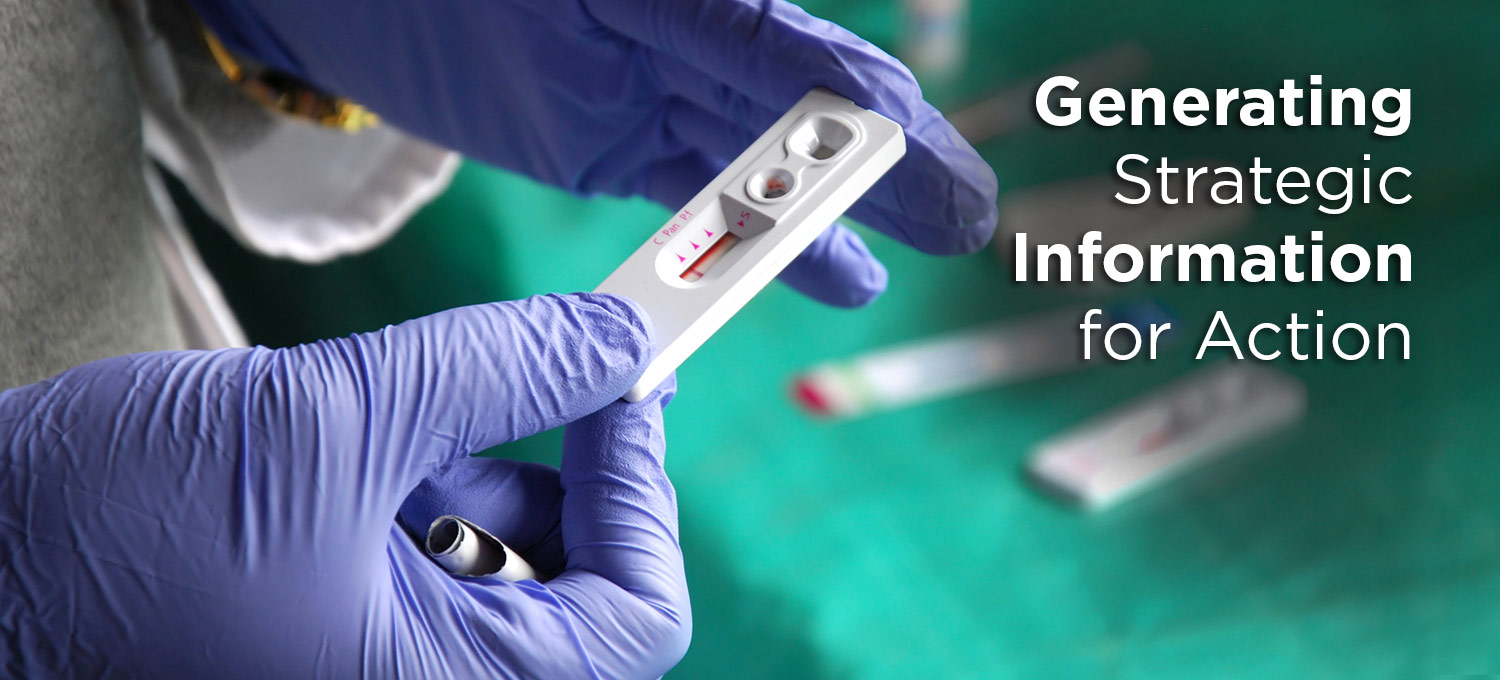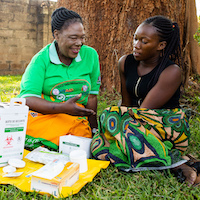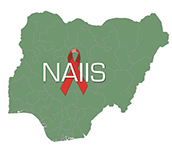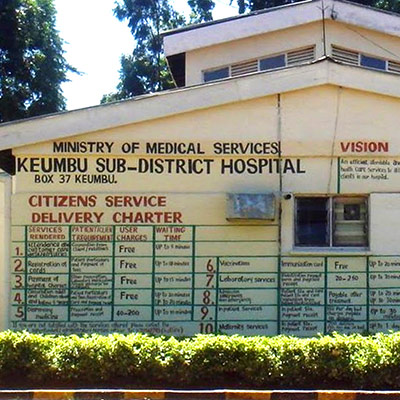Strategic Information, Surveillance & Surveys
As progress continues toward defeating HIV/AIDS, it is essential to know the precise extent of the epidemic in order to best allocate resources for ending it. The availability and use of accurate and timely data are essential to reach the 95-95-95 UNAIDS targets by 2030.
Ciheb is well known for its ability to implement surveillance systems, conduct surveys, and develop strategic information systems to effectively monitor and evaluate HIV prevention, care and treatment programs. We build strategic information capacity and strengthen national monitoring and evaluation systems; develop tools and platforms to enhance data collection, analysis and visualization; and provide essential training.
Ciheb has been conducting population-based HIV impact assessments (PHIAs) in countries supported by PEPFAR to provide critical information needed to develop targeted HIV prevention and treatment programs. The surveys also build capacity by strengthening the workforce and providing the infrastructure needed to design, conduct, analyze, and disseminate results. PHIA surveys measure national and regional progress toward meeting UNAIDS' 95-95-95 goals and help to refocus resources where needed.
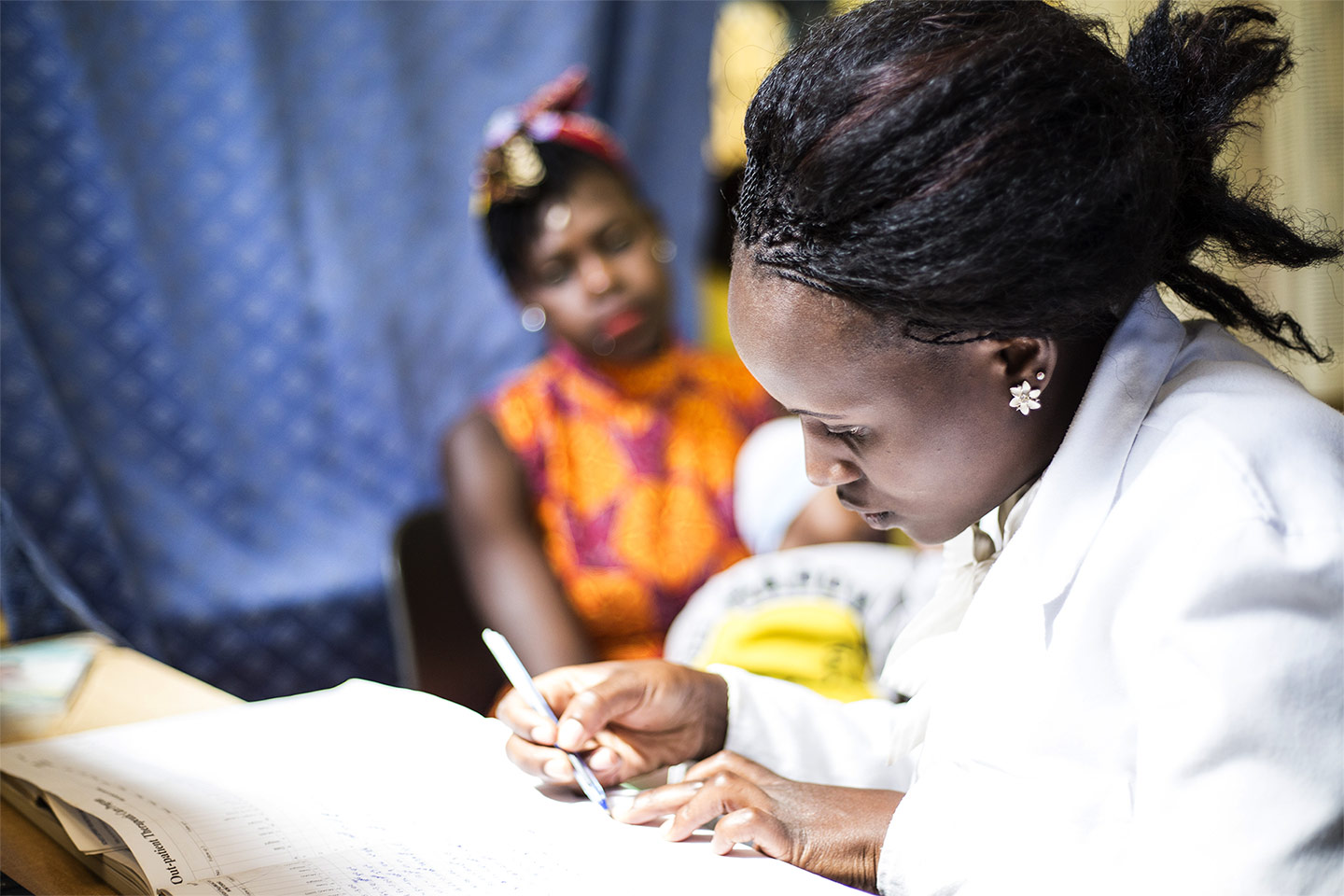
The Nigeria HIV/AIDS Indicator and Impact Survey (NAIIS) was Ciheb’s first survey and one of the largest population-based HIV/AIDS household surveys ever conducted. NAIIS directly measured HIV prevalence and viral load suppression across Nigeria and found that the HIV prevalence was lower than previously thought, allowing the country to refocus its services to the areas of greatest need to control the HIV epidemic. New surveys are underway with many more countries in the planning stage. (Visit our PHIA page for more news and information.)
Ciheb also supports countries in establishing and strengthening case-based surveillance to enhance data use for HIV care. Ciheb’s surveillance projects combine a novel linkage-to-care approach to ensure that HIV-positive individuals identified by the survey can efficiently access care and treatment. The data are used to focus HIV services and resources to the areas of greatest need and help move closer to HIV control.
Beyond HIV, under the CDC-funded Strengthening Epidemic Response Systems (SERS) Project in Nigeria, Ciheb developed a mobile application (mSERS) for real-time infectious disease reporting and developed the data base reporting and repository application as well as the data exchange transformation and loading application. The mSERS application has been successfully deployed to all 774 local government areas in Nigeria.


